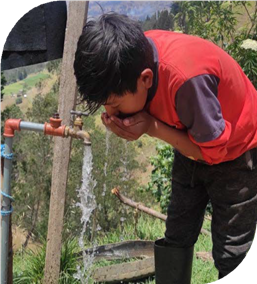LASC is pleased to continue our partnership with Food for the Poor. In 2023, we worked with Food for the Poor on 9 different projects in El Salvador, Guatemala, Haiti, and Jamaica.
Community Transformation
CEPUDO: Villa Edan Bonilla Sustainable Community Development
This project aimed to improve the quality of life for 151 vulnerable families, by relocating them to a sustainable community development (SCD) in Villa Edan Bonilla, Honduras over multiple years. This project has already had a significant impact including the construction of 90 homes, two water storage tanks and the installation of pipelines.
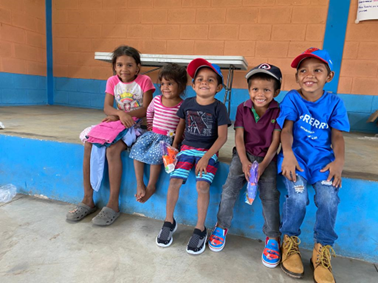
Economic Sustainability
Acceso & IDADEE: Improving Livelihoods and Food Systems in Northern Haiti
Acceso, FFTP and IDADEE received support to launch a seed-to-market project in Balan, Plaine du Nord, Haiti. This project will increase farmer income by 50% in two years (25% each year) this project will establish 30 acres of land and create an epicenter of agricultural development center for 100 farming families.
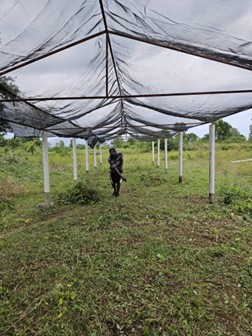
Acceso: Community Training Farms in El Salvador
This project is a part of a 3-phase program focused on assisting a total of 2,016 participants and 12 Commercial training farms across El Salvador and bringing them into the commercialized production model of Acceso. Acceso aims for each community training farm to generate $35,000 in average sales and then for those to be reinvested into the farms operations.
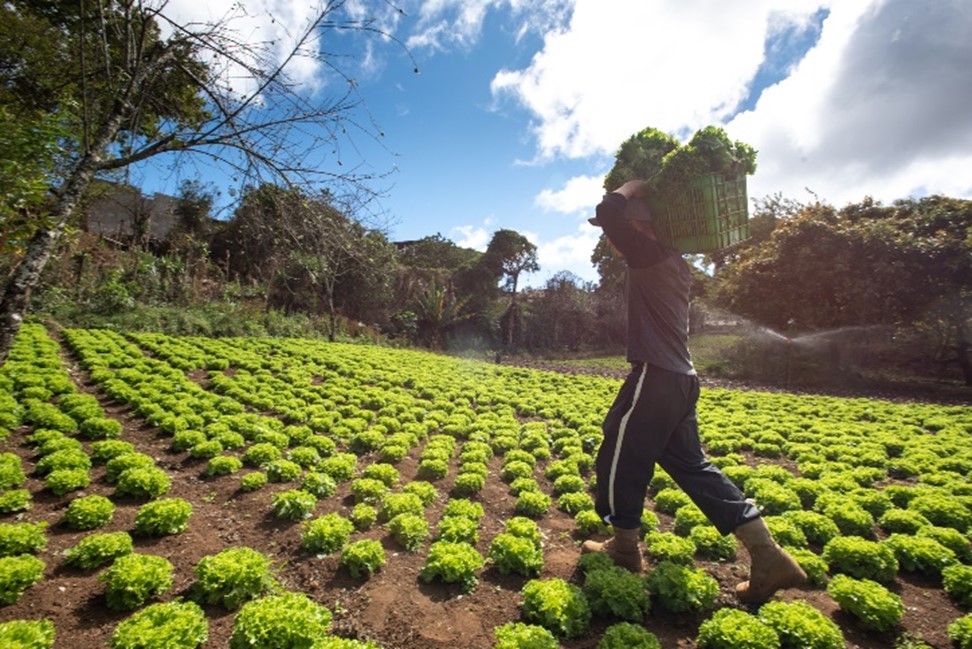
Beecher Town Primary School Poultry Project of Jamaica
This project aims to assist Beecher Town Primary School in the Parish of St. Ann, Jamaica with establishing two fully functional poultry coops where they can produce up to 300 broiler chickens and 100 laying hens per cycle, as well as providing training in best practices and management training to the 150 students and 14 staff members at the school. The goal of this program is to gain an annual net income of $3,900 and a 10% cost reduction in meals due to the access to chicken meat.
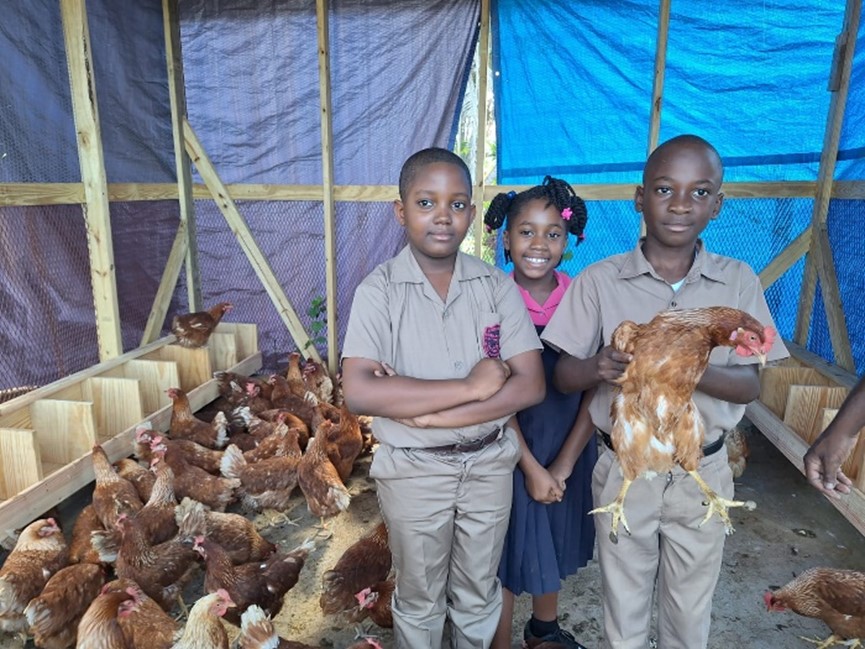
Mercado Global: Market Readiness Training for Indigenous Women Artisans Year 1 of 3
This is a 3-year project in rural Guatemala that will provide 450 women artisans per year with the technical training, business development support, and production tools that they need to sell to the international market. In Year 1, this project aims to increase the amount earned per day from $3.33 to $14.59.
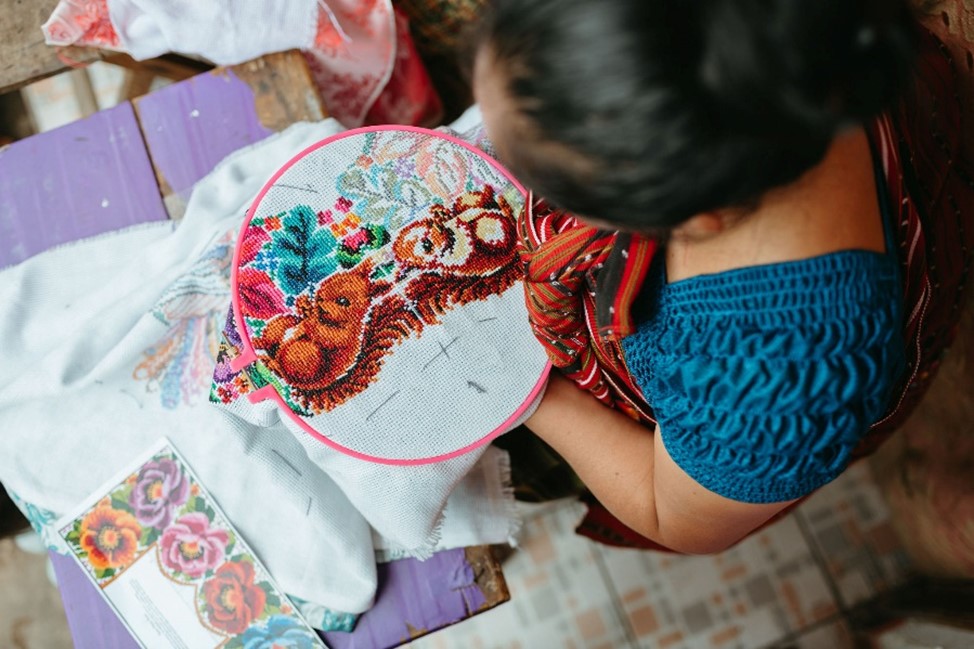
St. Christopher’s School for the Deaf Chicken Coops Project of Jamaica
This project assists with the reconstruction of a chicken coop and upgrade of the slaughtering facilities at St. Christopher’s School for the Deaf in the Parish of St. Ann, Jamaica, along with training and technical assistance in poultry production to establish an income stream that will offset operational costs for the school and provide additional food security for the 33 students and 38 staff members of St. Christopher’s School for the Deaf. The goal of this program is to gain an annual net income of approximately $3,950 and a 10% cost reduction in meals due to the access to chicken meat.
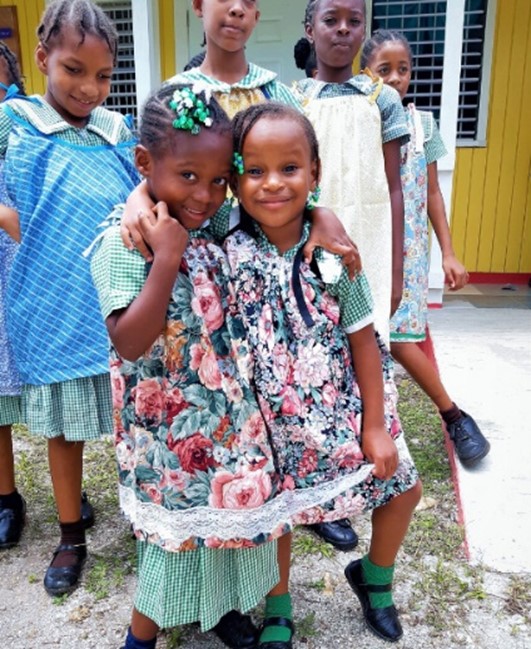
Tivoli Gardens High School Chicken Coops Project of Jamaica
This support provided a new slaughterhouse, layered chicken coop, and broiler chicken coop to house 400 chickens, providing poultry for 1360 students at Tivoli Gardens High School in Kingston, Jamaica, as well as agricultural training for all students and staff. The goal of this program is to gain an annual net income of approximately $3,900 and a 10% cost reduction in meals due to the access to chicken meat.
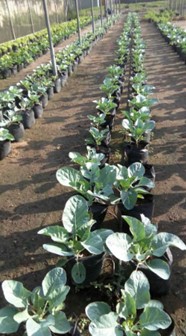
The Treadlight Primary School Chicken Coops Project of Jamaica
This support provided a new slaughterhouse, layered chicken coop, and broiler chicken coop to house 400 chickens, providing poultry for 400 students at Treadlight Primary in Treadlight, Jamaica, as well as agricultural training for all students and staff. The goal of this program is to gain an annual net income of approximately $3,950 and a 10% cost reduction in meals due to the access to chicken meat.

Other Recovery
The Cruse Fund
The Cruse Fund provided support to a pipeline of projects with 6 Food for the Poor Implementing Partners, impacting a total of 6,215 individuals.
